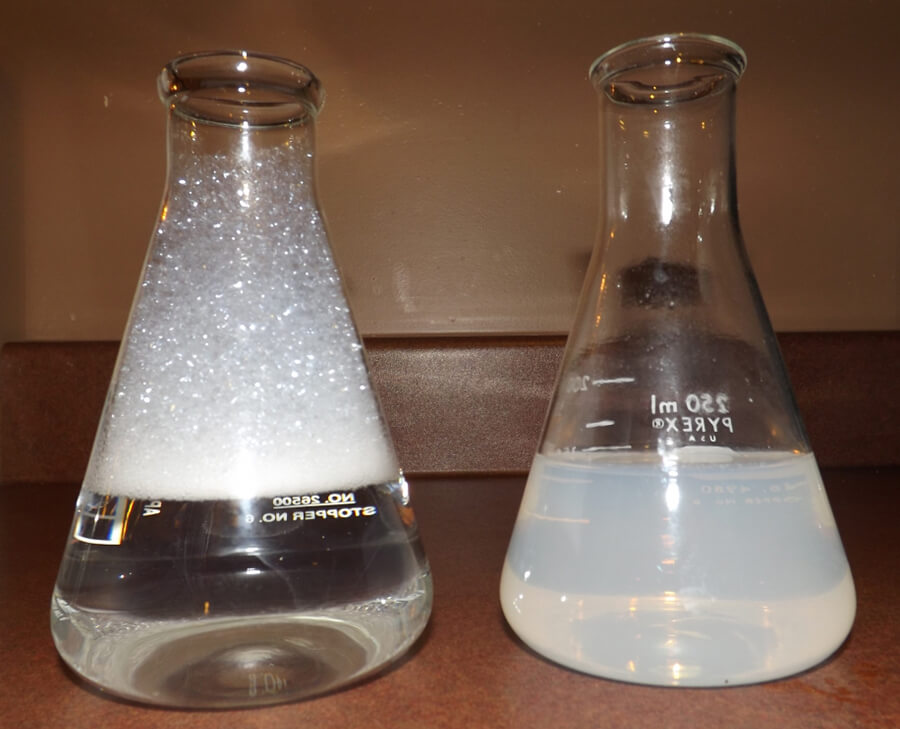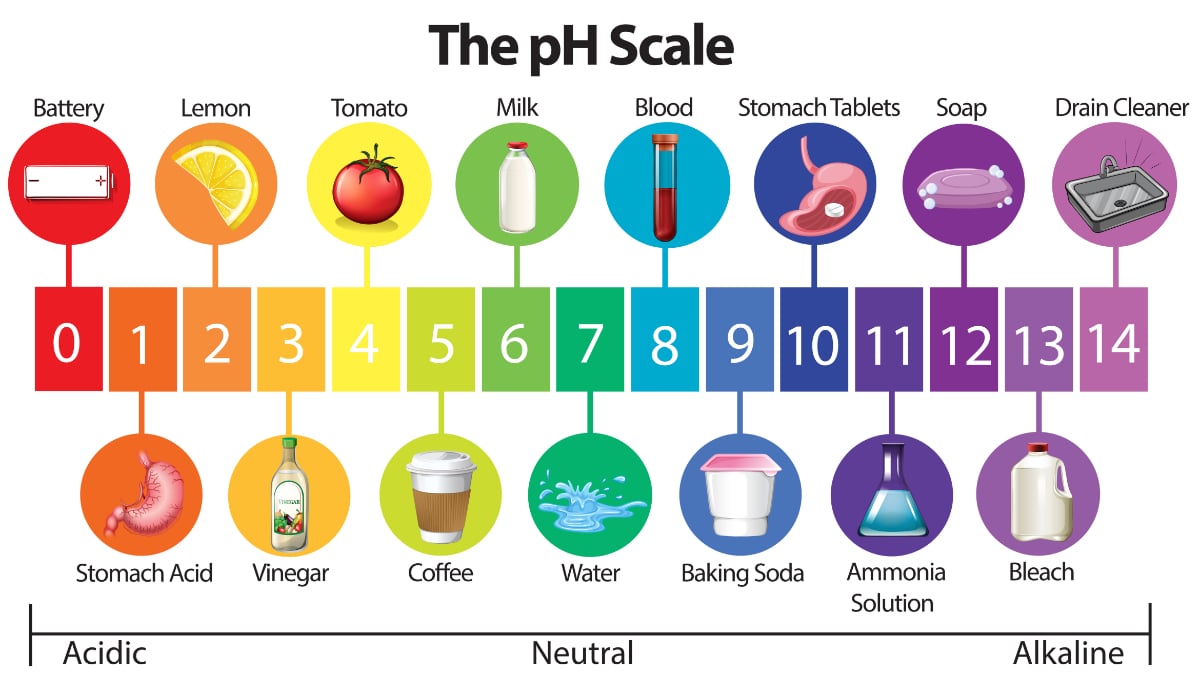The Definitive Guide to Hard Water Testing
The Definitive Guide to Hard Water Testing
Blog Article
Fascination About Hard Water Testing
Table of Contents5 Simple Techniques For Hard Water TestingThe Single Strategy To Use For Hard Water TestingThe 8-Second Trick For Hard Water TestingThe 8-Minute Rule for Hard Water TestingThe Definitive Guide for Hard Water TestingAll about Hard Water Testing
As soon as the water from your shower dries out, mineral down payments are left behind, triggering your once-shiny, clear shower doors and fixtures to be covered in water spots. Tough water leads to mineral buildup in your pipes, components, and devices, which causes deterioration and water stress problems. As an example, you may see that your showerheads and faucets obtain clogged and do not have the same water circulation they made use of to.Scale buildup will interfere with the performance of your central heating boiler and water heating system. In addition, because water will certainly take longer to heat up, it will utilize more power and therefore increase your energy costs.
The 7-Second Trick For Hard Water Testing
Have you ever before wondered how to check water firmness in your home? While tough water might be potable water and not always harmful to your health and wellness, it does result in a number of undesirable impacts with which you are most likely familiar.
While there are comprehensive tests that can provide you an accurate and exact action of how difficult your water is, determining whether you have difficult water is a much simpler workout. In this short article, we're going to outline some understandable tips that can assist you figure out whether you have difficult water.
A few of these are merely unpleasant, while others can affect whatever from the effectiveness of your home appliances to the wetness of your hair and skin - Hard Water Testing. Ultimately, you might be amazed at the numerous ways that hard water has actually had an effect on your day-to-day life and may want a whole home water conditioner
Hard Water Testing for Beginners
Difficult water is water that has a high amount of minerals in it. The bulk of these minerals are usually calcium carbonate and magnesium, however other minerals such as manganese and iron can additionally be located in hard water samples. The higher the mineral matter in your water, the more challenging your water is considered.
A greater concentration than this is thought about to be difficult water, with differing degrees of hardness appointed to different thresholds of calcium carbonate. The development of tough water occurs naturally through an interaction between water and the dirt it travels through. Starting as precipitation, water is mainly soft, though there might be little quantities of minerals contained in rainfall.

The activity of water with the dirt and into the rivers and aquifers that give our water supply is long and tough. As water travels through soil along the means, it dissolves the bonds of the mineral ions in the soil. These minerals are then carried in addition to the water into the water that reaches your faucet.
Indicators on Hard Water Testing You Need To Know
Hard water can likewise include high degrees of iron if it relocates through iron-rich soil. Put an additional way, the presence or lack of minerals in the soil around a groundwater source has a direct impact on how difficult the water is.
This is also why you could see that the water feels different when you see one more state or country. If you are wondering how to determine water hardness, there are a variety of various examinations you can do to figure out whether or not your water is hard. A lot of local water vendors likewise publish information about what kinds of minerals and various other compounds the water piped right into your residence has.
An instance of a local municipal water top quality report can be discovered right here (Hard Water Testing). Except browsing a water top quality record or examining click to find out more the water directly at your tap using a water examination kit, there are some very easy empirical methods that you can use to identify if your water is hard
Hard Water Testing for Dummies
If you have seen flaky accumulation on your fixtures then you more than likely have tough water. You may have noticed that the nozzles on your shower head come to be obstructed over time. This occlusion is because of natural resources left by tough water. The very same holds true of the nozzles in your dish washer, which gradually come to be shut off by natural resource over time.
White or gray discolorations tend to be from calcium carbonate, while locations with a high quantity of iron in the water will create red spots on fixtures see post and faucets. If you are continuously battling soap scum, you have difficult water. Soap scum is a white, filmy layer typically located in showers, in sinks, or on shower room components.

The Ultimate Guide To Hard Water Testing
Among these is the effect of hard water on hair. You can test for water solidity by observing your hair hair washed with hard water will certainly start to form a layer of minerals on the hair follicle. This mineral layer has a number of impacts that you may not have even recognized were occurring.
Normally, hair cleaned in difficult water will, over time, come to be duller and do not have the vibrancy of hair washed in soft water. Your hair could also be drier when washed with hard water vs. soft water. The minerals deposited by hard water makes it a lot more tough for creams to penetrate your hair follicle, bring about drier hair in time.
If you clean your hands with tough water and soap, you will probably see that your hands can feel a moved here bit completely dry and rough nevertheless the soap has been visibly washed away, calling for cream or oil. That completely dry feeling is from a thin layer of soap sticking to the hard mineral left behind and sticking to your hand and is a common indicator that your water is hard.
Report this page